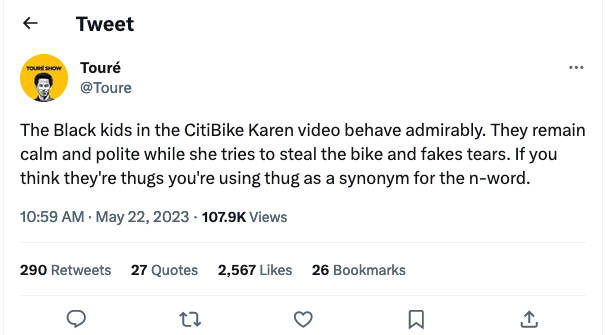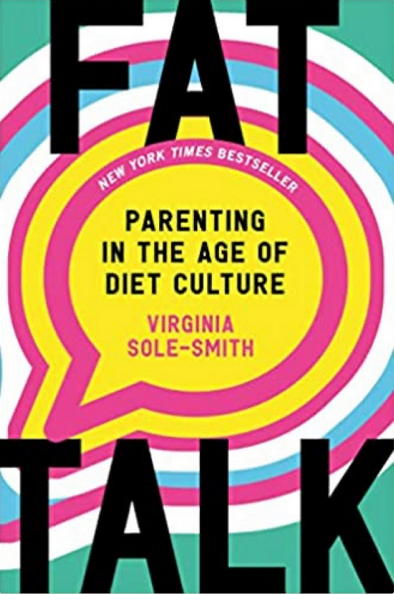Jeff Goldstein rounds up just a few incidents that gained media notoriety for their racist overtones, only to be quietly dropped and ignored once the truth came out:

A screenshot from a video showing Nick Sandmann confronted by activist Nathan Phillips at the steps of the Lincoln Memorial in Washington DC, 18 January, 2019.
Wikimedia Commons.
Covington Catholic High School’s Nick Sandmann never tried to stare down a phony Native American activist. Smugly or otherwise. And we all should have known it.
Morgan Bettinger never threatened to run over BLM protesters, nor did she make any of the supposedly racist remarks Zyahna Bryant claimed she did. Bryant — a “social justice” activist and Marxian race hustler — can perhaps be trusted to review a new Applebee’s dessert pie, but on all other subjects, the wise move would be to adopt a skeptical pose when engaging with her, if not simply dismiss out of hand anything spilling from her mouth save maybe a tasty fruit filling.
Michael Brown never said “hands up, don’t shoot!” Jacob Blake is not a hero or a civil rights icon — nor should be George Floyd or Trayvon Martin.
Christian Cooper did indeed threaten to take Amy Cooper’s dog. Justin Neely was a crazed homeless man and career criminal who absolutely threatened people on a subway train. Daniel Penny has never been a white supremacist.
Time and time again, the left creates its own mythology, then repeats it until the rest of us just kind of accept it as at least somewhat fairly described. And that’s a fatal mistake, both intellectually and practically.
Physician’s assistant Sarah Comrie, six-months pregnant and coming off of a twelve hour shift in Bellevue Hospital’s neonatal ward, never approached a group of five black teenagers, all of them males, and tried to steal a bike they’d rented — though the mental image of five black teenagers pressed ridiculously together groin to ass on a rented bike peddling down a New York City street on their way to, what? — church? A Hamilton matinée? — I have to admit amuses me enormously.
Similarly, the five male teens who laid claim to the bike never acted “admirably,” as yet another race hustler attempted to frame the interaction; in fact, during the 90-second viral video clip, the men can be seen and heard hectoring the pregnant woman, taunting her, cursing at her, putting hands on her several times, and intentionally creating a “Karen” narrative in real time. Nevertheless, we’re told that if we believe our own eyes — and identify thuggish behavior as belonging to those who act thuggishly, and with what it appears is thuggish relish — then what we’re doing is “using thug as a synonym for the n-word”.
— And yet, the person making that claim is naturally the one who is interested in drawing that connection — in a rhetorical maneuver that has become so trite and boring that I wish I could stop pointing it out: the gambit is meant to forestall any pushback on the preferred and implied racial narrative the grifters are hoping to shape and add to their civic mythologies, while also and simultaneously deterring people from honestly assessing what they’ve witnessed — however out of context and fraught that may be — for fear of being labeled “racist” and publicly scapegoated as a symbol for venal “whiteness” that is now central to the leftist’s “anti-racism” and CRT projects.







